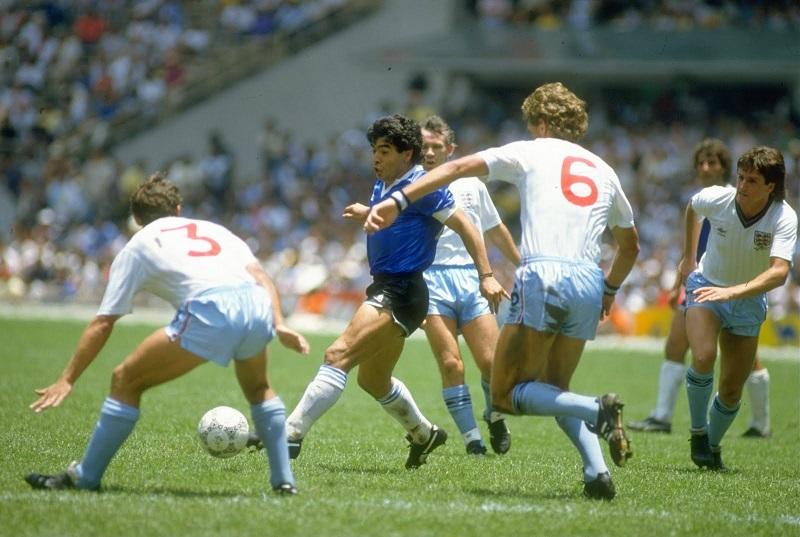Is football a thing of beauty? It depends who you ask. If you’re that way inclined, it is possible to see in the 90 minutes’ traffic of a game the qualities that also thrill theatre buffs and balletomanes, opera fans and gallery goers: human drama, obviously, but also grace, wit, villainy, perhaps even truth and profundity. As the World Cup arrives on your television for another month-long sit-in, this edition of Listed suggests the most cultured goals ever scored in the competition, and just for fun looks for parallels in the world of actual culture.
Even if you detest football’s venal side – the greed, the jingoism, the self-importance and the mass hysteria – you are no aesthete if you find nothing to admire in the selection below. They are listed in – ascending order of beauty. With apologies to Germans for not including a single one of their many goals.
The Scream
Marco Tardelli, Italy v Germany, 1982. An elegant series of brushstrokes, but memorable mainly for the celebration: what Munch might have painted if Norway had gone two up in a World Cup final.
The Grand Jeté
Manuel Negrete, Mexico v Bulgaria, 1986. In defiance of gravity the ball stays airborne in an intricate choreography which leaves Negrete no choice but to defy gravity himself.
The Rubens
Nelinho, Brazil v Italy, 1974. Like a baroque nude, this goal has eye-popping contours in all the right places. It was only a face-off for third place, therefore meaningless. But it remains the perfect curve.
The Flemish Tapestry
Archie Gemmill, Scotland v Netherlands, 1978. All about clever, intricate weaving (although it was actually the Flemish team against which it was scored). This jinking creation remains Scotland’s finest footballing moment, subsequently memorialised in Trainspotting.
The Sistine Ceiling
Roberto Baggio, Italy v Czechoslovakia, 1990. Only later would he become known as the Divine Ponytail, but Baggio was here sparked by the finger of divinity as he mazed his way towards goal. [Irrelevant factoid: I was there in the press box.]
The Orchestra
Esteban Cambiasso, Argentina v Serbia & Montenegro, 2006. A goal of many many parts: 25 passes from the modest overture to the crashing major chord. Count the beats.
The early Mozart
Michael Owen, England v Argentina, 1998. Only youth, blithely unaware of life’s gathering weight, could have conjured up such a feat of unself-conscious self-belief. This turned out to be Owen’s zenith, and he was only 18. England lost, on penalties.
The Vermeer
Bergkamp, Holland v Argentina, 1998. Instead of light coming from the left, it's the ball that flies in from a clear blue sky. The rest is a mini-masterpiece highlighting the Dutch flair for precision. Important too: a last-minute quarter-final winner.
The Samba
Carlos Alberto, Brazil v Italy, 1970. It is of course a cliché to align Brazilian football with Brazilian music – or it was until the BBC chose Stevie Wonder's "Another Star" as its tournament theme tune – but this sublimely rhythmic goal – the last of four in a final which punched holes in Italy’s all-out defence – represents one of those moments when the cliché happens to tell the truth. Scored by probably the greatest team ever to adorn a football pitch. The assist from Pelé – the final pass – is past compare.
The Complete Works of Shakespeare
Diego Maradona, Argentina v England, 1986. England’s post-Malvinas nemesis reached a level of invention that found clay-footed mortals tumbling in his wake like felled oaks. It was preceded by the nefarious Hand of God goal, but Maradona's chance to wipe the slate clean soon arrived. Containing multitudes, there has never been a greater goal. Discuss.
- The World Cup is on BBC and ITV from Thursday 12 June until Sunday 13 July















Add comment